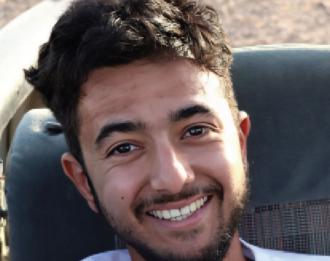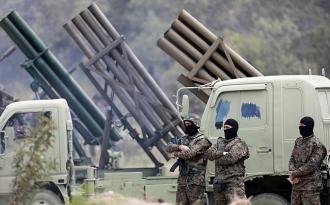A refusal to vaccinate ranks alongside air pollution and climate change as a top global threat.
THE WORLD HEALTH Organization is calling out the anti-vaccine movement as one of the top global health threats this year.
WHO named vaccine hesitancy, the reluctance or refusal to vaccinate despite available vaccines, among its recently released list of 10 global health threats for 2019. It joins air pollution and climate change, the worldwide influenza pandemic, weak primary health care and HIV in the listing, among others. WHO pledged to make them priorities for the organization and its partners throughout the year.
Vaccine hesitancy "threatens to reverse progress made in tackling vaccine-preventable diseases," WHO said.
The organization added that vaccination is "one of the most cost-effective ways of avoiding disease," noting that it prevents between 2 million and 3 million deaths a year. Some 1.5 million more deaths could be avoided if the rate of vaccinations increased around the world, the group said.
Immunization gaps exist for a number of reasons. Researchers in the U.S. have identified "hot spots" in major cities of unvaccinated school-age children. So-called anti-vaxxers refuse the required shots for their children on religious or philosophical grounds. An increase in unvaccinated children has, in part, been tied to the medically discredited belief that vaccines cause autism spectrum disorder.
Other reasons for going unvaccinated include poor access to the vaccines, or inconvenience when it comes to access, and a lack of confidence in their effectiveness. A survey released last year in the U.S. found Americans' trust in vaccinations on the decline in the U.S. The heightened mistrust, researchers said, was especially prevalent in small pockets of people in insular communities or like-minded communities online.
But, as WHO notes, vaccine hesitancy is a global problem, and skepticism about vaccinations is not unique to one country.
In its 2019 efforts, WHO pledged to increase global coverage of the HPV vaccine to fight cervical cancer, as well as to stop the transmission of wild poliovirus in Afghanistan and Pakistan.











